Table of Contents (click to expand)
We can’t be certain when hunting went from an act of survival to a form of entertainment, but evidence suggests that hunting for many prehistoric tribes was more than just a matter of survival.
Did you know that the world’s first multicellular animal was probably a meat eater? Researchers at the University of Arizona analyzed the evolution of diets across the animal kingdom to find that the world’s first carnivore might also have been the world’s first multicellular animal. This animal is suspected to have hunted down single-celled organisms like protists.
This makes hunting one of the most natural instincts in the world. It’s been around for as long as complex life on Earth. In fact, every living heterotroph that consumes another heterotroph can be considered a hunter.
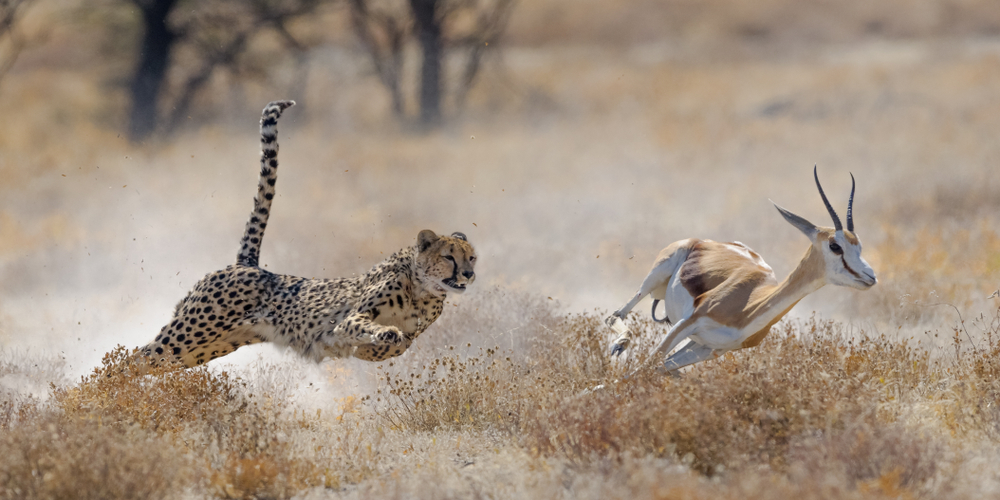
However, when modern-day humans think of hunting, we’re confronted with horrific images of wounded animals or the ringing sounds of gunshots.
That’s because somewhere along the grand scale of time, humans stopped thinking of themselves as hunters or predators. In fact, most of us get shivers up our spine when we think of hunting or when we find out certain facts, such as hunters being key players in conservation efforts. We struggle to reconcile hunting with our needs. When and why did we stop associating ourselves with hunting?
Humans Did Not Always Hunt!
First off, it’s an incredibly narrow approach to confine hunting to just human activity. Hunting predates Homo sapiens by a long time. Contrary to popular belief, ancient humans were not top or apex predators or hunters; we first had to scrounge for food as scavengers, as opposed to actually hunting. It wasn’t until humans began to make and use tools that we began to climb the food chain.
In terms of time, it wasn’t until the Stone Age, around 2.6 million years ago, that hominid species (not just Homo sapiens) began to integrate greater volumes of meat into their diet. This marked a pretty defining point in time for early hominids; tool use combined with hunting parties, mediated by social structures, converted hominids from scavengers to actual hunters.
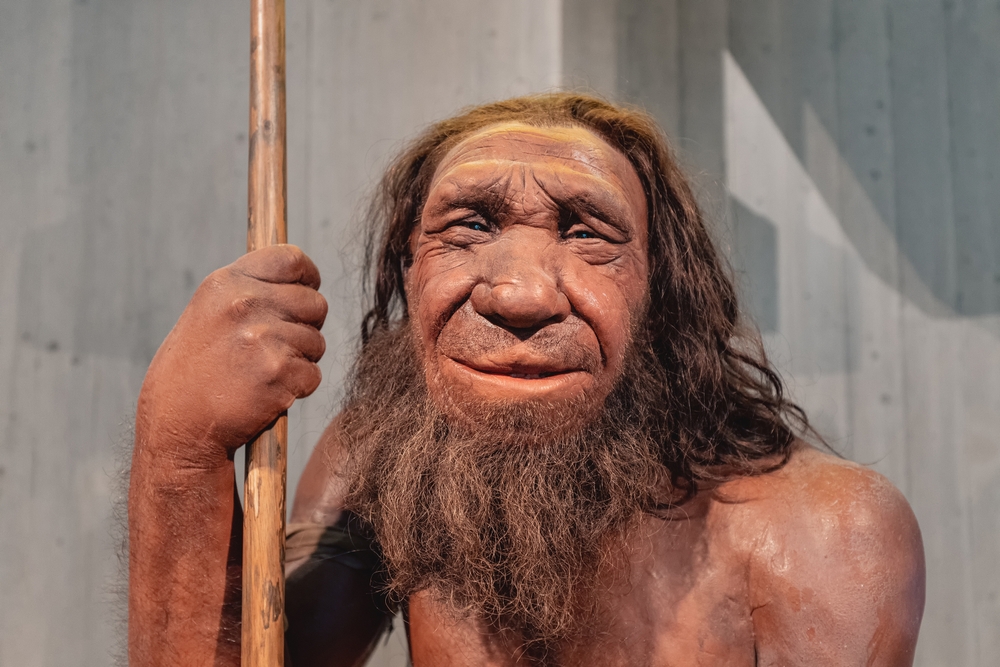
Although a singular hominid was still more of a scavenger than a hunter, when hominids hunted in teams or groups, they were much more successful. Basically, we went from being terrible at hunting to suddenly being skilled at hunting. The trick was to do it as a team.
Also Read: How Did We Start Keeping Pets?
A New Type Of Hunt: For Fun!
Needs-based hunting is exactly what it sounds like. Primitive humans hunted due to a need. Generally, this need could still be the need to find a source of nourishment, but it can also refer to a need to protect one’s self or the need to stay safe. For example, when Neanderthals first (around 40,000 years ago) began hunting animals to specifically make clothes, that was an activity borne from a need for warmth, not nourishment.
However, along the line of human evolution, hunting acquired a cultural significance.
We can only make our best guesses about the cultural position that hunting held in prehistoric human tribes, based on archeological and anthropological data. Evidence suggests that hunting was part of important rituals and religious ceremonies, marriage and rites of passage.
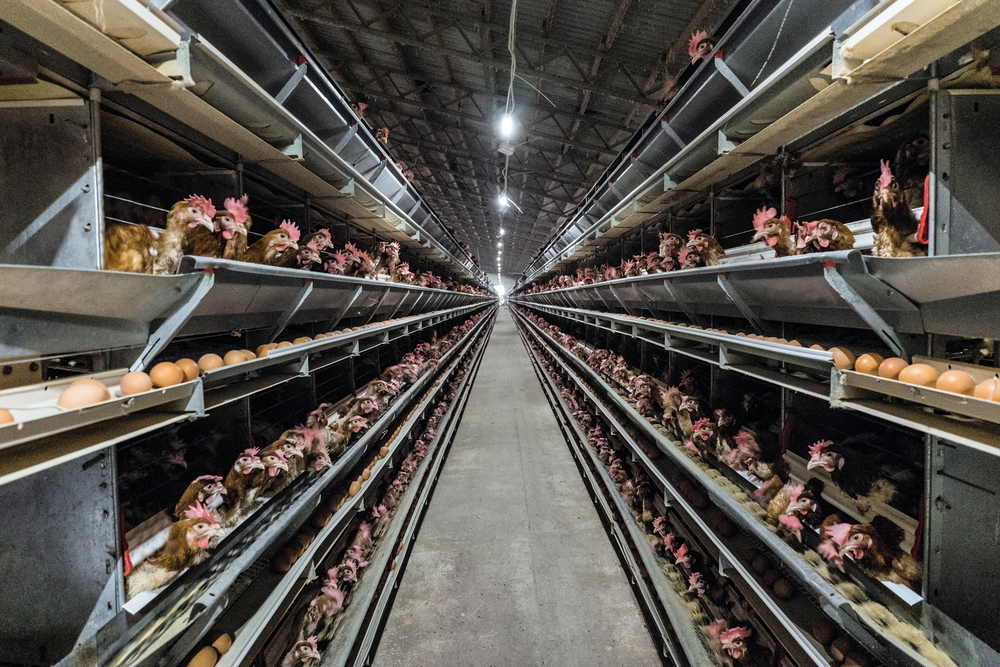
Hunting also became a symbol of the elite and economic power in many cultures throughout history.
It was not until the ancient Roman Empire that we see evidence of hunting as a sport, something done and consumed for fun. Hunting became radicalized and consumed as entertainment for the masses.
For instance, think of the Colosseum and the gladiators that battled with lions and other eccentric beasts; the hunt had outgrown the open fields and forests and was shifted into sporting arenas!
So, What Could Become Of Skilled Hunters?
One word: Symbols.
Hunting has a deeply entrenched history with power. As survival turned into civilization, kings, rulers and landowners displayed their authority and power by hunting. In fact, we have archaeological evidence to support this. A plate dating back to the 7th Century BC depicts King Ashurbanipal as a hunting king (and thus, a powerful one).
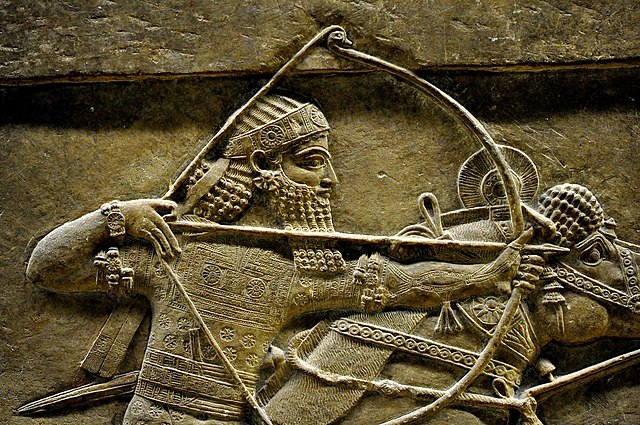
(Caption: An illustration on display at the British Museum shows King Ashurbanipal hunting down lions in what is modern-day Iran.)
As societies turned more reliant on farmed grain for food security, hunting became less of a right and more of a privilege. Hunting was not a necessity, but rather a luxury for the higher classes at that time. In fact, hunters (ironically) became a protected class of their own—they hunted on their own time and for their own pleasures, but also hunted to service noblemen or privileged classes. In a weird way, hunters in some ancient civilizations gained the same sort of patronage that was generally reserved for artists or craftsmen.
On a sociological note, recreational or surplus hunting isn’t an activity that is limited to Homo sapiens alone. Surplus hunting has been reported in a wide range of species, from house cats to foxes and hyenas.
How Does Recreational Hunting Fit Into Modern Society?
As humans society evolved, the notion of hunting as a hobby or as entertainment stuck around, as did the notion of a hunter being powerful.
As colonization kicked off in the early 16th century, colonizers looked at recreational hunting as a means of establishing themselves as the rightful “rulers” or “owners” of new land. All across Asia and Africa, colonizers would hunt tigers as a means to establish dominance over indigenous populations.
The idea was to tame the land and its animals as a way to send a message to the people. This is also why we see so many photographs of British hunters posing alongside dead tigers. To colonizers, the dead tiger represents not just a conquest of the tiger, but also of the land from which the tiger came.
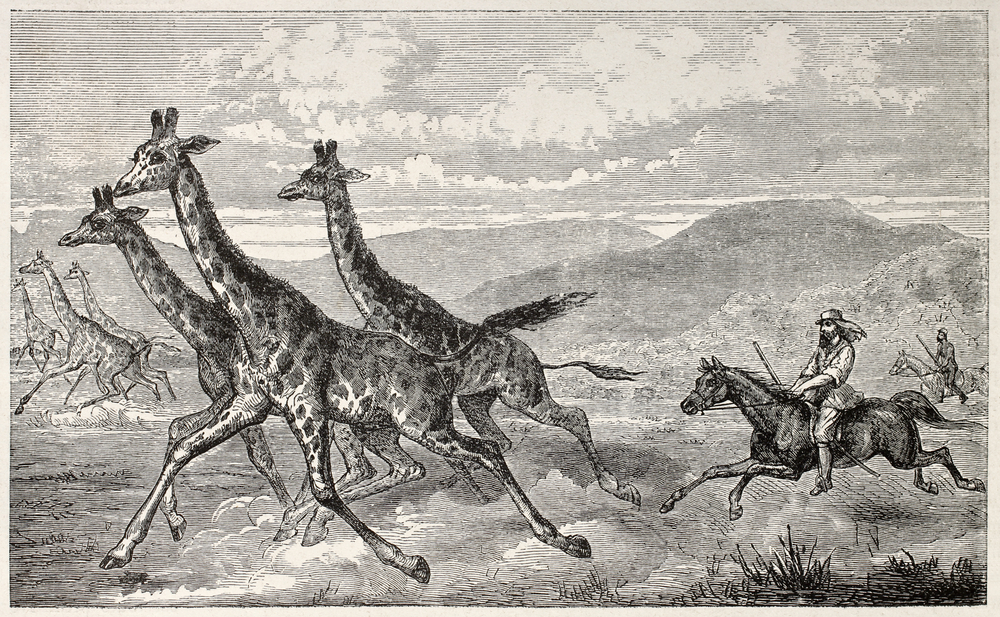
Also Read: Do Animals Only Kill For Survival?
Conclusion
Although no one has been able to pin down an exact point in time when hominids began recreational hunting, we do know that it isn’t a trait just shared by us, but by several other species as well. The only difference between us and the other species is that those species still depend on hunting or predation as their main source of food. Humans do not suffer from the same predicament.
From carnivores to pescatarians to vegetarians, as a species, our food habits differ from population to population. We’re incredibly lucky to have multiple sources of nourishment.
Even today, in tribes that depend mostly on hunting or fishing, we don’t encounter the same mass-produced notion that “hunting is bad.”
It is possible that as human dependence on hunting decreased, so too did the attachment to it. When hunting stopped being a necessity and more of a choice, humans began to exercise opinions as to how they wanted their food sourced. This was also likely when recreational hunting was born. People began to hunt as a choice or a hobby, as opposed to hunting for survival.
How well do you understand the article above!

References (click to expand)
- Neanderthals Hunted in Groups, One More Strike Against the .... Smithsonian Institution
- Moleón, M., Sánchez-Zapata, J. A., Margalida, A., Carrete, M., Owen-Smith, N., & Donázar, J. A. (2014, March 22). Humans and Scavengers: The Evolution of Interactions and Ecosystem Services. BioScience. Oxford University Press (OUP).
- Tools & Food - Smithsonian's Human Origins. Smithsonian Institution
- Animals and Humans: A Brief History - Famous Trials. famous-trials.com
- The world's first animal was probably a carnivore - Science. Science
- Gex, K. (2004). [Review of The Hunt in Ancient Greece, by J. M. Barringer]. American Journal of Archaeology, 108(2), 289–291. http://www.jstor.org/stable/40025241
- Hussain, S. (2010). Sports-hunting, Fairness and Colonial Identity: Collaboration and Subversion in the Northwestern Frontier Region of the British Indian Empire. Conservation and Society, 8(2), 112–126. http://www.jstor.org/stable/26393000
- Hunting by Jan Dizard and Mary Zeiss Stange.
- Krüger, G. (2021, June 7). History of Huntin. Handbook of Historical Animal Studies. De Gruyter.
